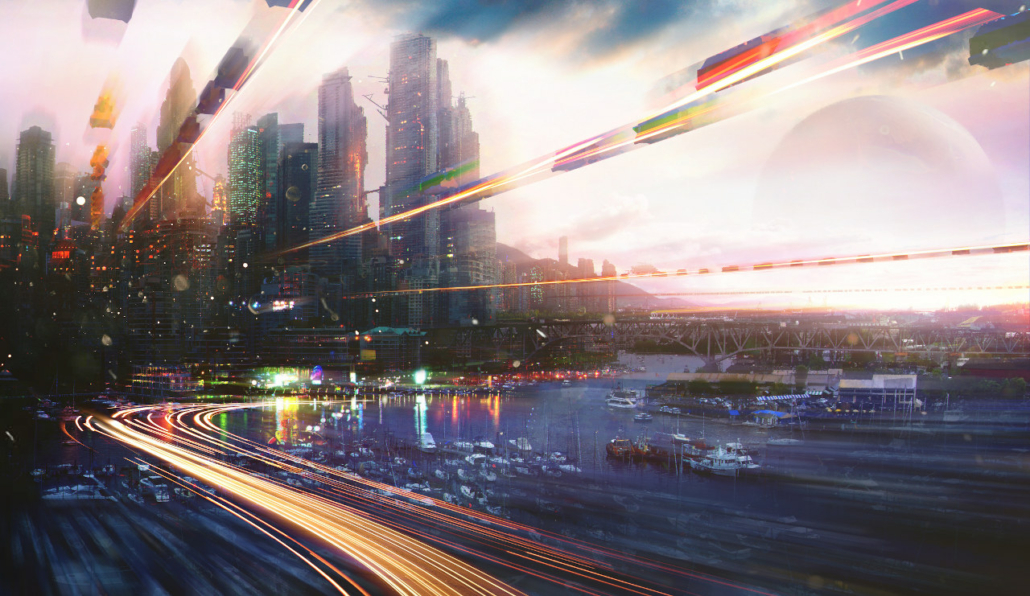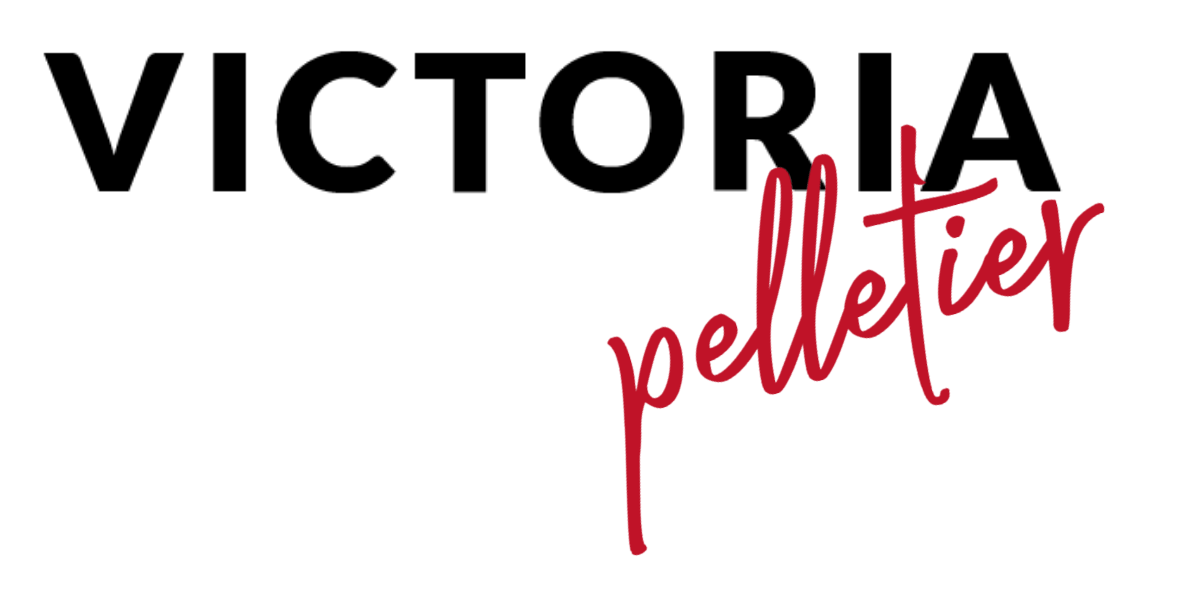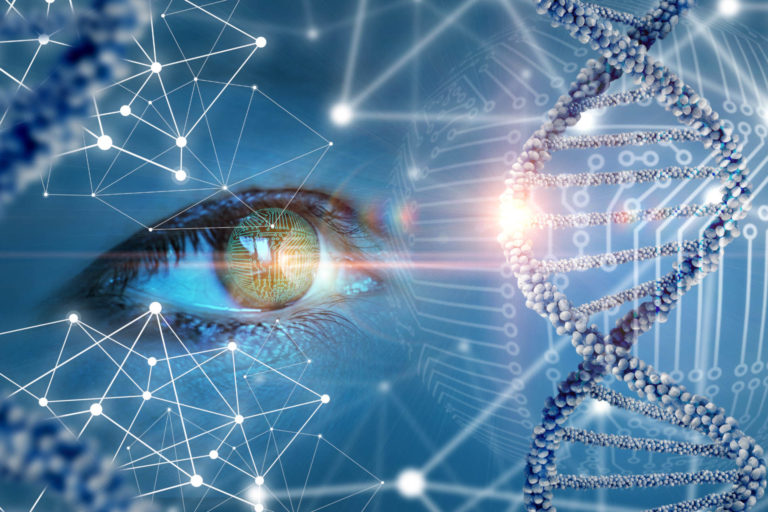
Back in the 1990’s, the Disney Corporation re-branded their Florida resort’s Tomorrowland to depict the future as envisioned by the Sci-Fi writers of the 1920’s and 1930’s. It was intended to be more than a paint job and a few new attractions. People movers, robots, and chromed flying cars fill the nooks and crannies of the re-branded Tomorrowland, giving Disney guests glimpses of a world dominated by prosperity, computing power, and automation. The late Walt Disney’s vision is also sewn into every attraction in Tomorrowland, a vision rooted in the idea that technology enhanced life and shouldn’t be feared.
Tomorrowland is today in many of the places we serve. In our ongoing quest to build businesses structured for the long-term, me must embrace the arrival of computer-driven automation. While we may be years away from the practical deployment of massive people movers and reliable flying cars, automation in factories, retail spaces, warehouses, and back-end settings is here to stay. In many ways, life is enhanced because of the arrival of automation. Today, there is more time for leisure, self-care, and education because so many smart machines do the hard jobs of the past with a few keystrokes or a flip of the switch. AI-powered machines can even command the keystrokes and switches without human interface. Indeed, automation is welcomed in our daily routines, allowing us to claim more time for the tasks and relationships that matter the most to us. But how is automation impacting the workforce in industry, services businesses, and retail venues? Will there be jobs in the digital future that’s unfolding before us right now? Yes, but jobs will look different. The arrival of automation means the current and emerging workforce will need different skill-sets than past workers.
The jobs of the early industrial period required manual labour and basic cognitive skills. If you could learn a valuable skill like typesetting, tool & die making, or machine assembly – even with a limited educational background – you could always find a job with a competitive wage. Today, AI-integrated machines are replacing skilled labour at a fraction of the outlay companies once spent on hiring, retaining, and retraining the people who handled skilled labour tasks. In place of these jobs, businesses require more and more employees with technological credentials like coding, computer repair, and network management. Today, it’s vital for businesses to staff with individuals who can manage the machines doing the work. Businesses must also invest in their current employees, providing continuing education opportunities that move the team from the analogue processes of the past to the digital processes of the present.
Interestingly, the shift to automation will also require the hiring of more individuals credentialed in fields like industrial psychology and counseling. With the deepening shift toward automation and streamlined workforces, businesses may lose some of the important interpersonal connections that have historically nurtured innovation and esprit de corps. Having professionals on the team who can help tech employees stay connected with people will be vital moving forward. Further, intentionality in “bringing people together” to network, celebrate, and learn in the workplace will become far more significant in the future.
Tomorrowland is our reality in 2019 and beyond, and more of the wonders envisioned in decades past will continue to arrive and reshape how we live. Automation will boost business profitability, safety statistics, and time available for the tasks and relationships that matter the most. As we embrace the technological marvels that are reshaping work and leisure, let’s not neglect to imagine what the next breakthroughs may look like.



